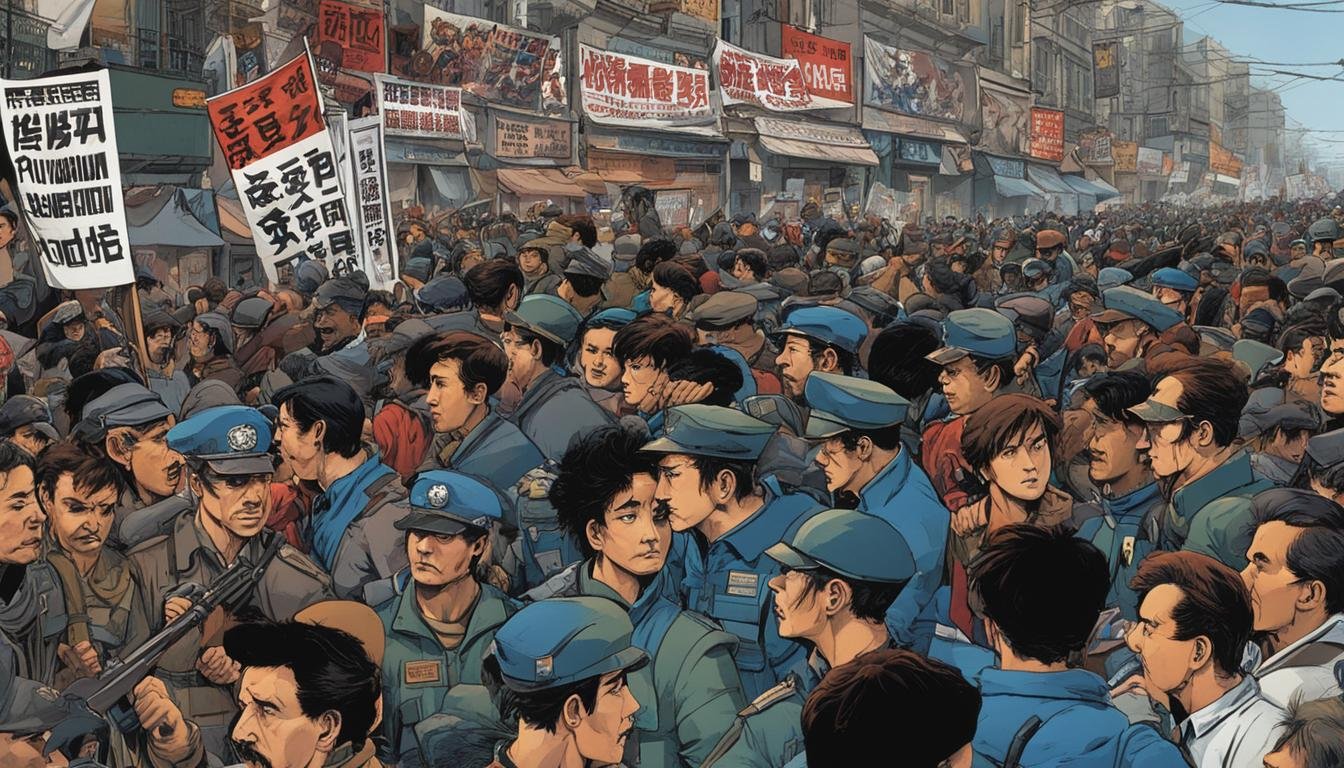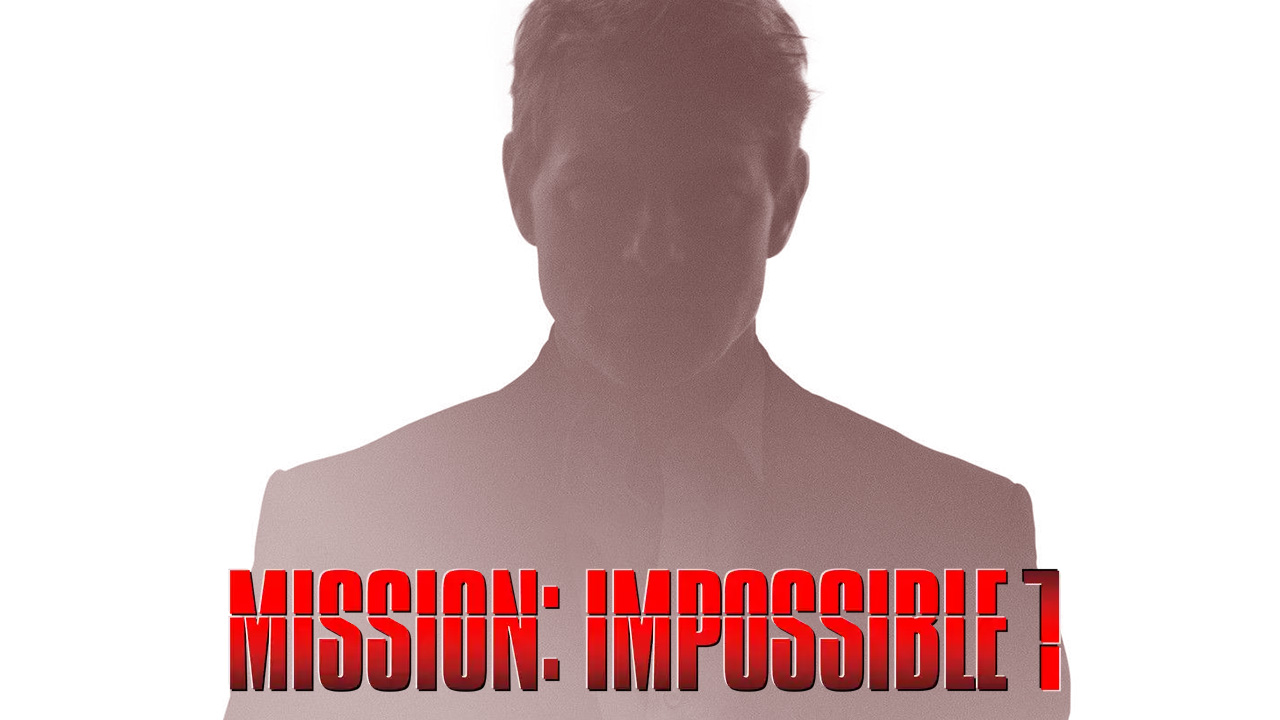Portugal's Political Landscape: Snap Election On The Horizon For May?

Table of Contents
The Current Coalition Government's Instability
The current coalition government's stability is arguably the most significant factor influencing the possibility of a Portugal snap election. Internal conflicts and declining public approval ratings are casting a shadow over its future.
Internal Conflicts within the Coalition
Tensions within the ruling coalition are simmering beneath the surface. Specific policy disagreements are frequently aired publicly, undermining the government's image of unity and effectiveness.
- Examples of policy disagreements: Recent budget debates have highlighted disagreements over social spending priorities, with coalition partners holding differing views on the allocation of resources. Further friction arose over environmental protection measures, where differing approaches to sustainable development have emerged.
- Public statements demonstrating internal conflict: Several public statements from coalition partners have exposed these disagreements, revealing a lack of consensus on key policy issues. These public spats have eroded public trust and damaged the government's overall credibility.
- Impact of these conflicts on government effectiveness: The internal bickering significantly hampers the government's ability to effectively implement policies and respond to pressing national issues. This inefficiency contributes to the overall sense of instability.
Falling Public Approval Ratings
Recent polls paint a worrying picture for the government. Approval ratings for António Costa and his coalition partners have been steadily declining, reflecting growing public dissatisfaction.
- Specific poll results and their sources: [Cite specific polls and their results from reputable sources such as Público, Expresso, or similar Portuguese news outlets]. These polls consistently show a significant drop in public approval since [mention specific date or event].
- Reasons for declining popularity: The decline is attributable to a combination of factors, including rising inflation, the increasing cost of living crisis, and concerns over the government's handling of specific crises (e.g., [mention a relevant recent crisis]). Furthermore, the internal conflicts detailed above have undoubtedly damaged the government's image.
- Comparison to previous government approval ratings: [Compare current approval ratings with previous ratings from similar periods during the government's tenure], demonstrating a significant downward trend.
The Opposition's Strategy and Positioning
The opposition parties are actively seeking to capitalize on the government's weaknesses, intensifying the pressure for a potential May election in Portugal.
PSD's Approach
The Social Democratic Party (PSD), the main opposition party, is aggressively positioning itself as a viable alternative.
- PSD's public statements and policy proposals: The PSD has consistently criticized the government's handling of the economy and its social policies, offering alternative solutions in its public statements. [Provide examples of their policy proposals].
- PSD's electoral strategy and campaign plans: [Discuss the PSD's strategy for a potential snap election, if publicly available. This could include details on campaign messaging, target demographics, and key policy promises].
- Analysis of PSD's chances of winning a snap election: [Analyze the PSD's chances of winning based on current polling data, their campaign strategy, and the general political climate].
The Rise of Chega and other parties
The rise of Chega, a far-right party, is significantly altering the Portuguese political landscape.
- Chega's recent electoral performance and public support: Chega has demonstrated growing electoral success in recent local and European elections, signaling increased public support for their policies.
- Chega's policy positions and their resonance with voters: [Outline Chega's key policy positions and explain why they resonate with a segment of the population. Consider issues such as immigration, law and order, or economic nationalism].
- The impact of Chega's presence on the broader political debate: Chega’s presence is forcing a shift in the political debate, pushing other parties to address issues that were previously considered peripheral. This is creating a more polarized political climate, possibly contributing to the instability of the current government and increasing the chances of a snap election.
Economic Factors and their Influence
Portugal's economic situation plays a crucial role in determining the political climate and the likelihood of a Portugal snap election.
Inflation and Cost of Living Crisis
The ongoing inflation and cost of living crisis are deeply impacting Portuguese households and influencing public opinion.
- Inflation rates and their effects on the Portuguese population: [Cite current inflation rates and their impact on household budgets, purchasing power, and overall well-being].
- Government policies aimed at addressing the cost of living crisis and their effectiveness: [Assess the government's policies designed to mitigate the cost of living crisis and evaluate their effectiveness].
- Analysis of the public's perception of the government's economic management: [Analyze public perception of the government's handling of the economic challenges, highlighting the extent to which it contributes to dissatisfaction and potential electoral consequences].
Impact of the EU and Global Economy
External economic factors, including the EU's overall economic health and global trends, also exert influence.
- Key economic indicators relevant to Portugal’s economy: [Discuss key indicators such as GDP growth, unemployment rates, and trade balances, and their current status].
- The effects of international events on Portugal’s economic situation: [Analyze how global events, such as the war in Ukraine or fluctuations in energy prices, impact Portugal's economy and influence public perception of the government's capabilities].
- How these factors might influence voter decisions: [Discuss how the interplay of domestic and international economic factors might influence voter decisions in a potential snap election].
Conclusion
The possibility of a snap election in Portugal in May is a very real prospect, stemming from the interconnected challenges facing the current coalition government. The internal conflicts, declining approval ratings, opposition's strategic maneuvering, and the ongoing economic difficulties create a volatile political landscape. While a May election isn't guaranteed, the current trajectory suggests a heightened likelihood. To stay informed about the evolving Portugal snap election situation and its implications for Portuguese politics, continue to follow reputable news sources and political analysis. Stay informed about the developments and their impact on the future of Portuguese politics. Understanding the nuances of this potential Portugal snap election is crucial for anyone following Portuguese affairs.

Featured Posts
-
 Wwe Wrestle Mania Iii A Livestream Event On Wwe Vault
May 14, 2025
Wwe Wrestle Mania Iii A Livestream Event On Wwe Vault
May 14, 2025 -
 Mission Impossible 7 Trailer A Critical Look At Avoiding Previous Film Flaws
May 14, 2025
Mission Impossible 7 Trailer A Critical Look At Avoiding Previous Film Flaws
May 14, 2025 -
 Who Will Sign Dean Huijsen Arsenal Chelsea And More In The Running
May 14, 2025
Who Will Sign Dean Huijsen Arsenal Chelsea And More In The Running
May 14, 2025 -
 Top Premier League Agent In Discussions With Liverpool And Arsenal
May 14, 2025
Top Premier League Agent In Discussions With Liverpool And Arsenal
May 14, 2025 -
 Arsenal Eyeing Premier League Talent Ornsteins Latest Report
May 14, 2025
Arsenal Eyeing Premier League Talent Ornsteins Latest Report
May 14, 2025
